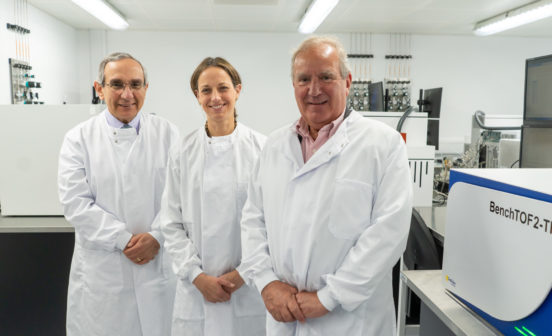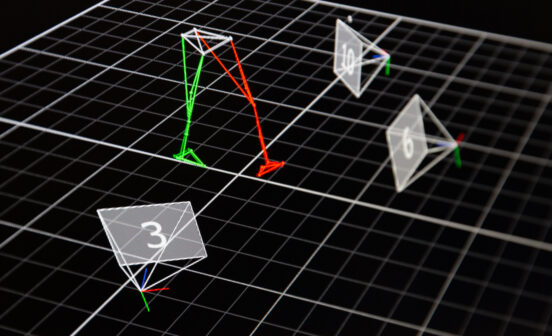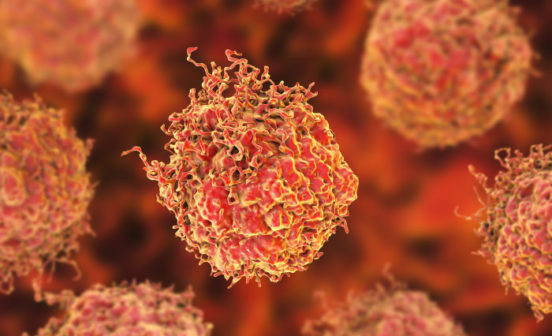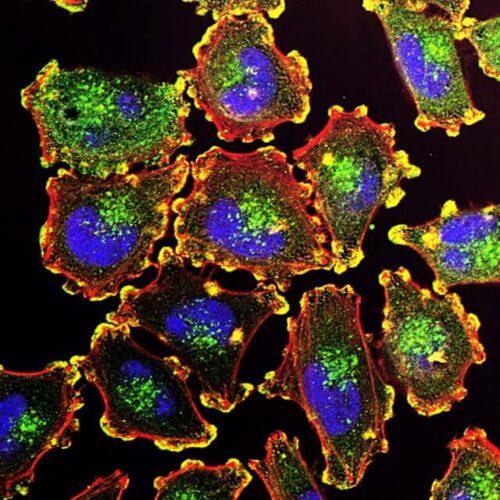DeviceDiagnosticInnovationPartnership Earlier diagnosis of upper GI cancers with a breath test
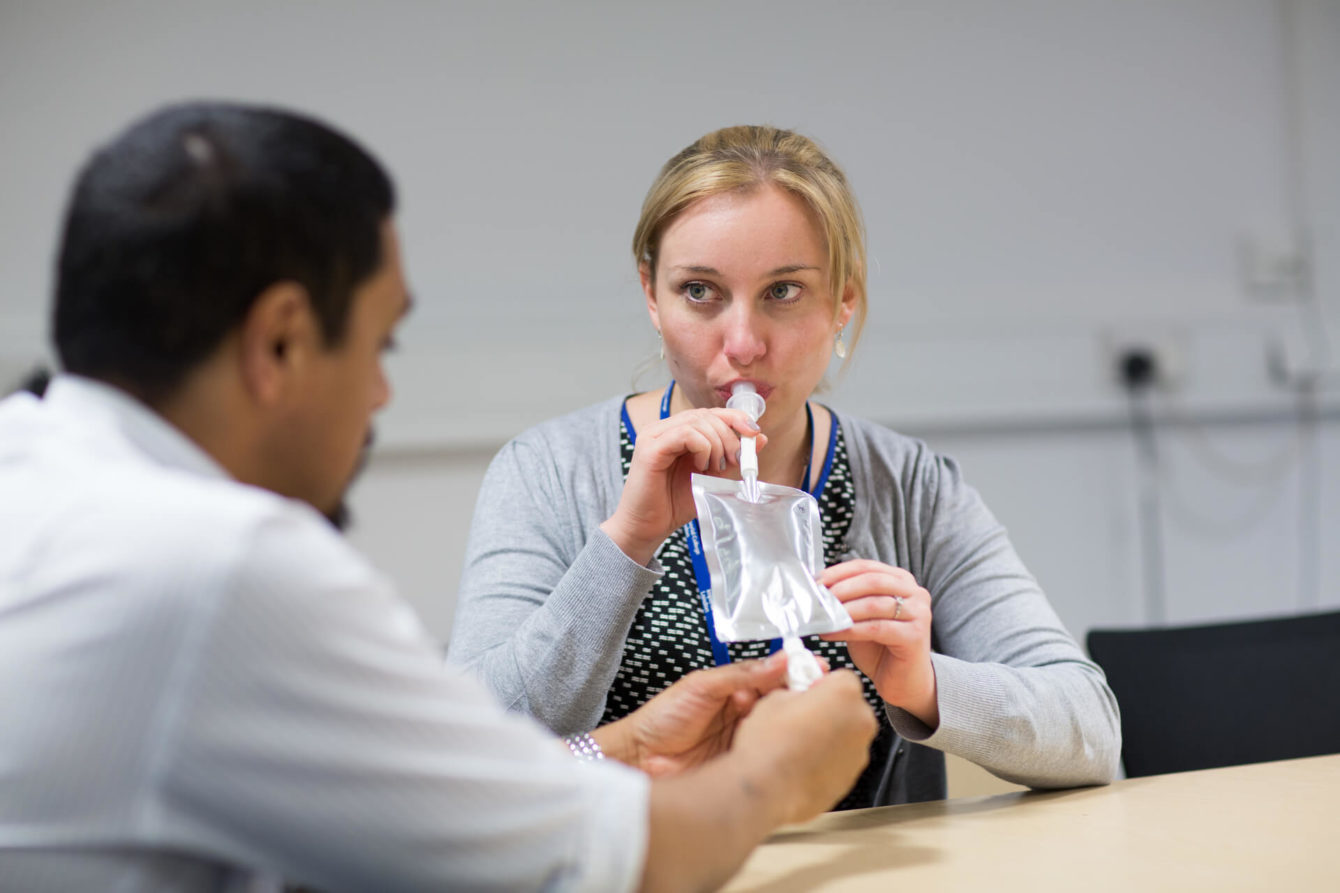
In 2016 alone, over 7,000 cases of oesophagogastric cancer were reported nationally. Many patients are diagnosed late because symptoms are not noticeable until the disease fully develops, thus significantly reducing the chances of a favourable outcome. Long-term survival rates in the UK are only ~15%.
Currently, diagnosis is made with an endoscopy – an invasive procedure involving insertion of a probe with a camera via the mouth and into the stomach, with limited rates of patient referral and success. Furthermore, this diagnostic approach is not scalable, as large number of patients with non-specific symptoms would pose a significant financial burden on the NHS (the cost is approximately £400-£600 per procedure).
Researchers from the NIHR Imperial BRC Cancer Theme, in partnership with the NIHR London Medtech & In Vitro Diagnostic Co-operative (MIC), have developed a non-invasive test that detects distinct chemicals that are exhaled, suggesting cancer presence. Volatile organic compounds (VOC) produced by cancer cells are identified and quantified by a mass spectrometer in breath samples of patients, which could catch the disease early and increase the chances of curative treatment.
In a study of breath samples from 335 patients, the breath test identified cancer with >80% accuracy. The study, published in JAMA Oncology, offers a cheaper, non-invasive triage test to stratify patients needing further diagnostic testing. A large-scale investigation of diagnostic accuracy among the primary care population is the next step for this work, which was funded by the NIHR Imperial BRC, NIHR London MIC, an NIHR doctorate fellowship and the Rosetrees and Stoneygate Trusts.
Further details on this study, and a statement from Professor George Hanna, lead author of the study, can be found here.

